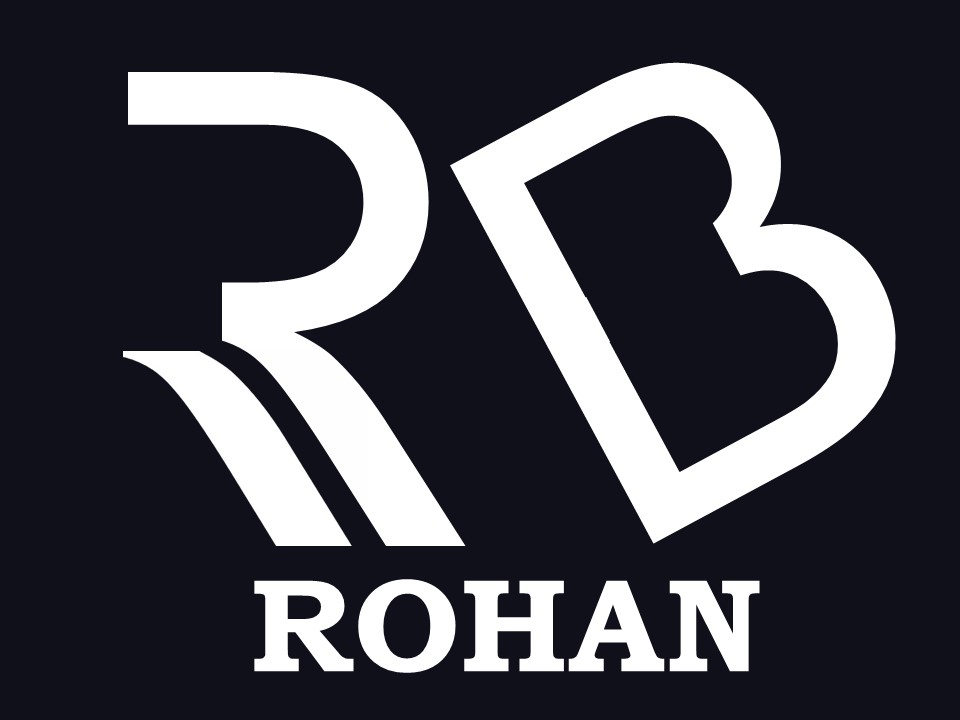Business Ethics
Business ethics is the study of business situations, activities, and decisions where issues of right and wrong are addressed. Business ethics are moral principles that guide the way a business behaves.
Business ethics is the study of proper business policies and practices regarding potentially controversial issues, such as corporate governance, insider trading, bribery, discrimination, corporate social responsibility and fiduciary responsibilities. (www.investopedia.com)
Myths about Business Ethics
Myth simply denotes a legendary or popular belief that has grown up around the phenomenon. In many situations, myths represent a commonly believed but a false idea. The ethicist perceives myths as a wrong proposition about the ethical nature of the business that must be refuted by convincing argument. Some of these myths arise from general confusion about the notion of ethics, other from narrow or simplistic views of ethical dilemmas. Following are some myths about business ethics:
1. Business ethics is oxymoron
According to this myth, greed is the foundation of all business. In the quest for profit, companies neglect the integrity. So business ethics tries to bring together two (profit and integrity) contradictory concepts.
2. It’s easy to be ethical
This myth ignores the complexity surrounding ethical decision making, particularly within business organizations. Ethical decision are not easy, all of the consequences are to be evaluated.
3. Business ethics is more about religion than management
Business has no religion; however, it accepts its norms differently in doing business. Business ethics, as a part of applied ethics, is a subject of moral management. It deals with managing values between the individual and the company, to best handle the inevitable conflicts that crop in every business.
4. We learn ethics as little kids, not as adult
A person requires brainpower for making ethical decision. Ethical maturity grows with cognitive maturity. Developmental psychology verdicts that people become more ethical as they grow older. People start learning ethics from childhood.
5. Hire only ethical people, so further time on business ethics is not needed
It is a narrow belief that if a company’s employees are ethical, there’s no need attention of business ethics. Well it’s just an excuse for not developing ethical policies and practices.
6. The business of business is the business
This myth tells us business and ethics are two separate domains; language of ethics is simply not related with business. Business has major objective of earning profit and everything else is secondary. There is possibility of doing whatever it takes to meet the desired profit by business entity.
7. Business ethics is a discipline best led by philosophers, academics, and theologians
This myth believes business ethics is the outcome of the research and philosophies contributed by philosophers, academics, and theologians. Although, we cannot ignore their role but business is more applied ethics. It is highly associated with everyday business activities.
8. Ethics is a matter of opinion: it’s just a matter of personal values. There is no objectivity.
Ethics is the matter of personal values or personal judgment of what is right or wrong.
It’s associated with moral reasoning; however, the reasoning must be accepted by a large number of people or society.
Benefits of Business Ethics
Ethical conduct of business can have multidimensional benefits. Based on the business point of view, some of its benefits can be summarized below:
1. Employee commitment and trust
Nobody wants to work in a business that is chaotic and unethical company, unless that individual is unethical herself. Employee are the true assets of any organization, success largely depends on the type of employees company hire. Therefore, it is necessary to maintain dedication towards its employee. The more a company takes care of its employees, the more likely it is that the employees will take care of the company. When company perceives that their organization adheres to ethical standards, they become more committed to their organization.
2. Investor loyalty and trust
Ethical practices attract investors and keep the company’s share prices high, thereby protecting the business from takeover. When the investors knows they had invested in a company with moral standards and company made a promise to work in an ethical and responsible manner, this allows investors’ peace of mind that their money is being used in a way that arranges with their own moral standing.
3. Customer satisfaction and trust
Customers are at ease buying products or services from a company they know to source their materials and labor in an ethical and responsible way. Trust is essential to a good long term relationship between a business and customers.

Post a Comment